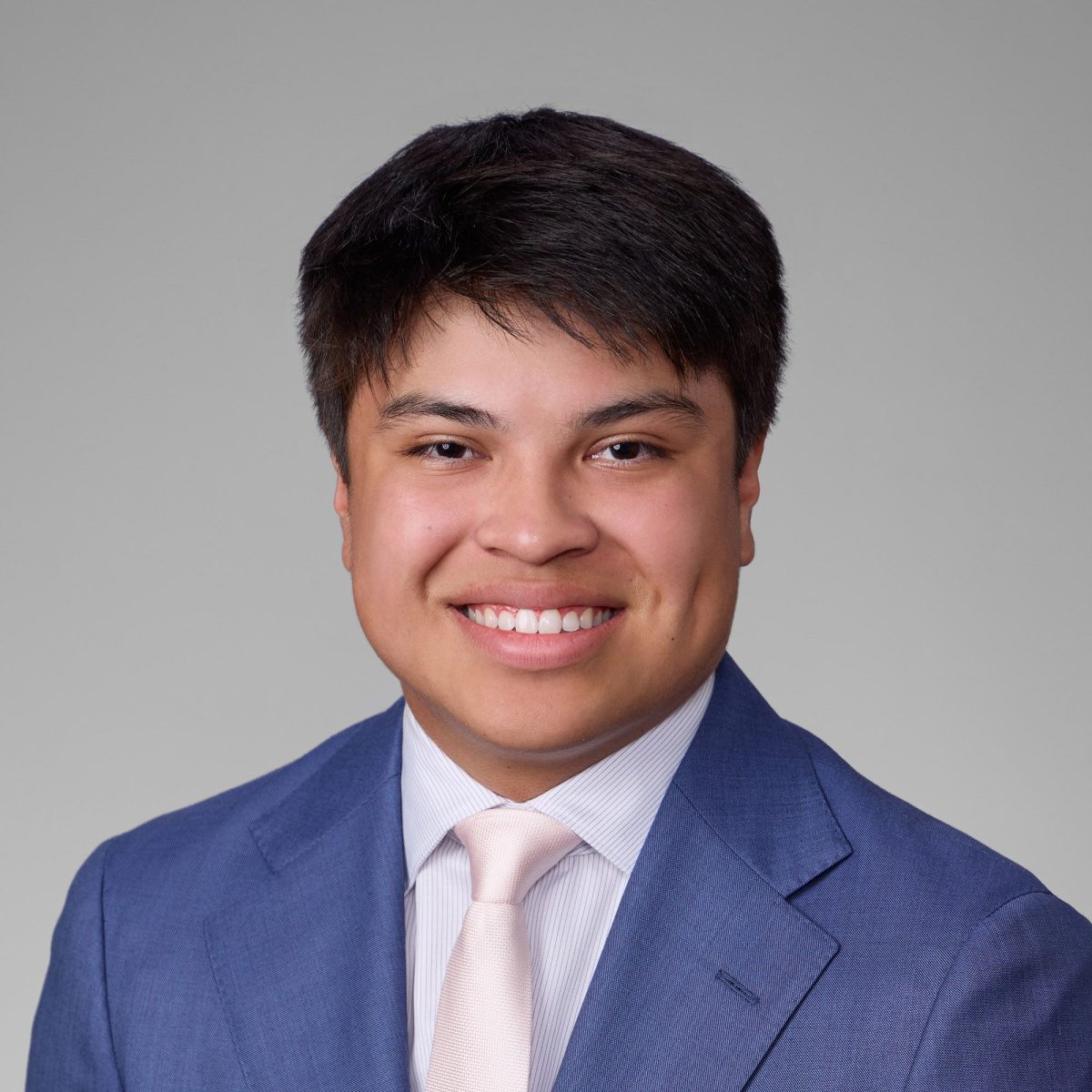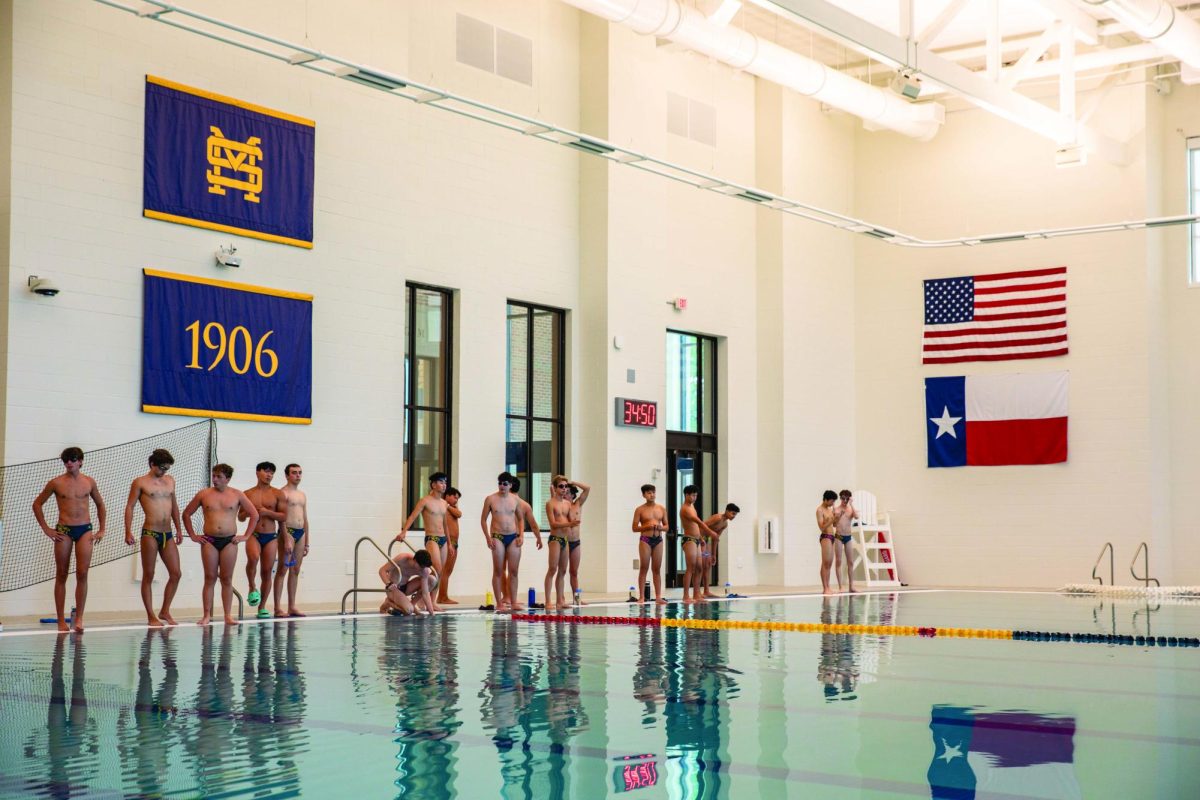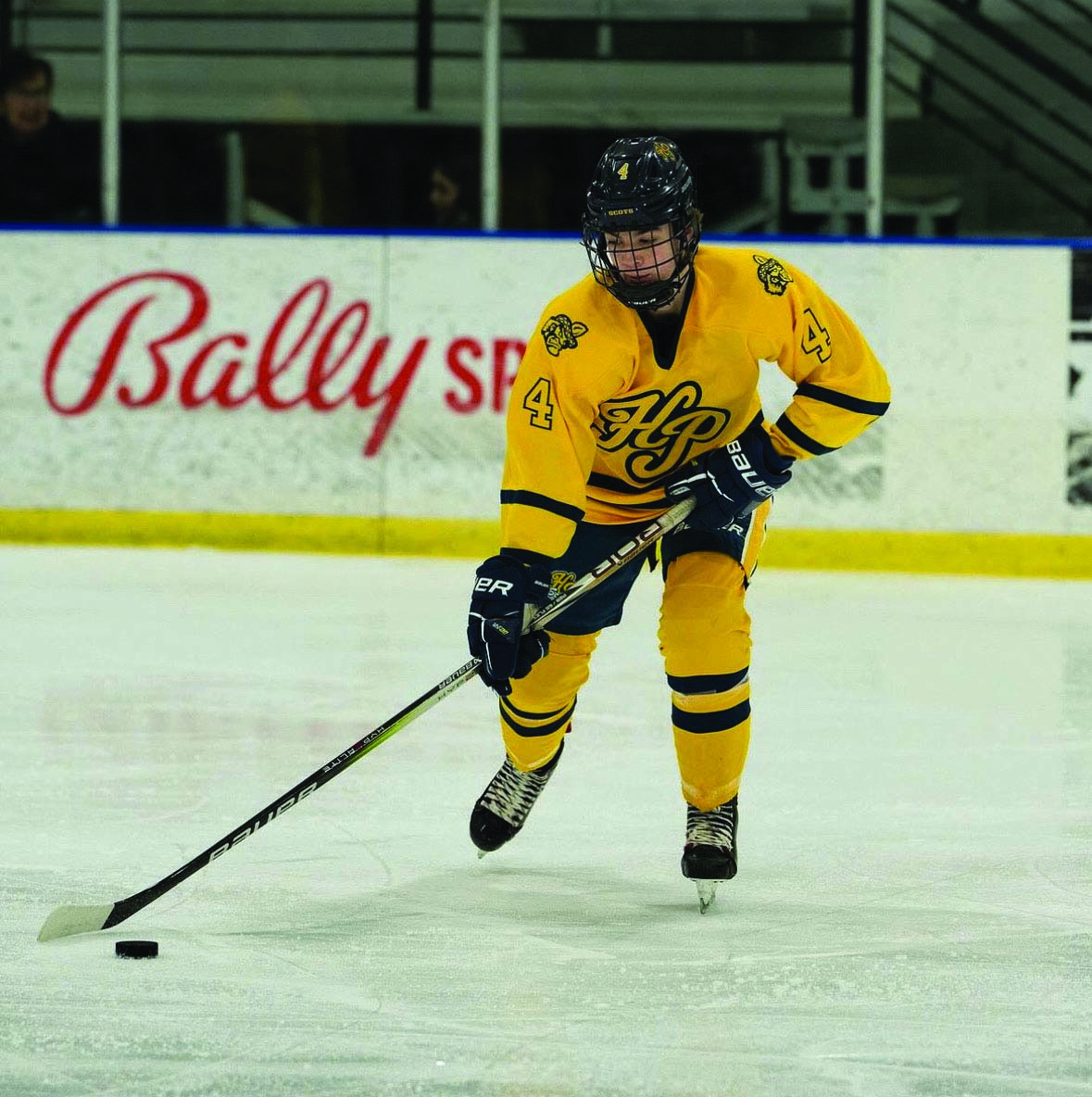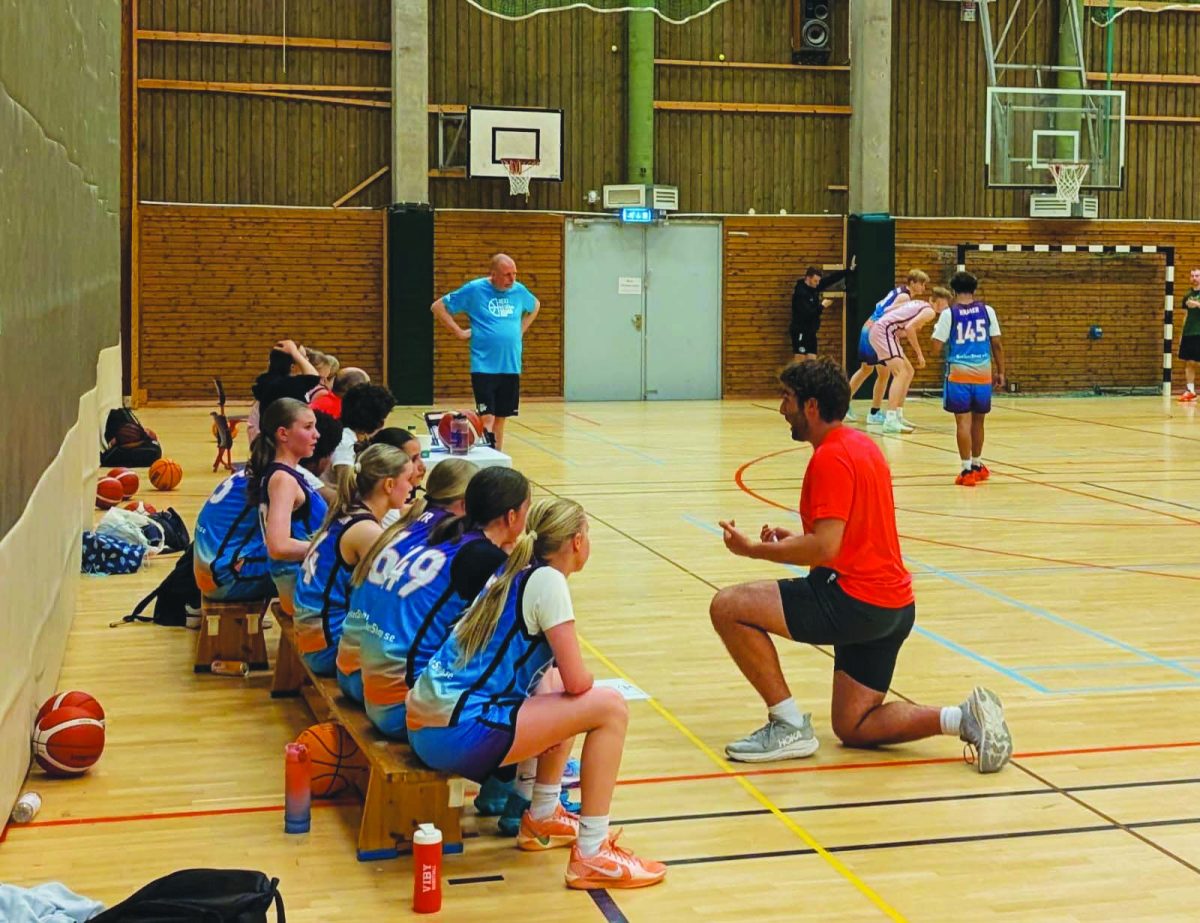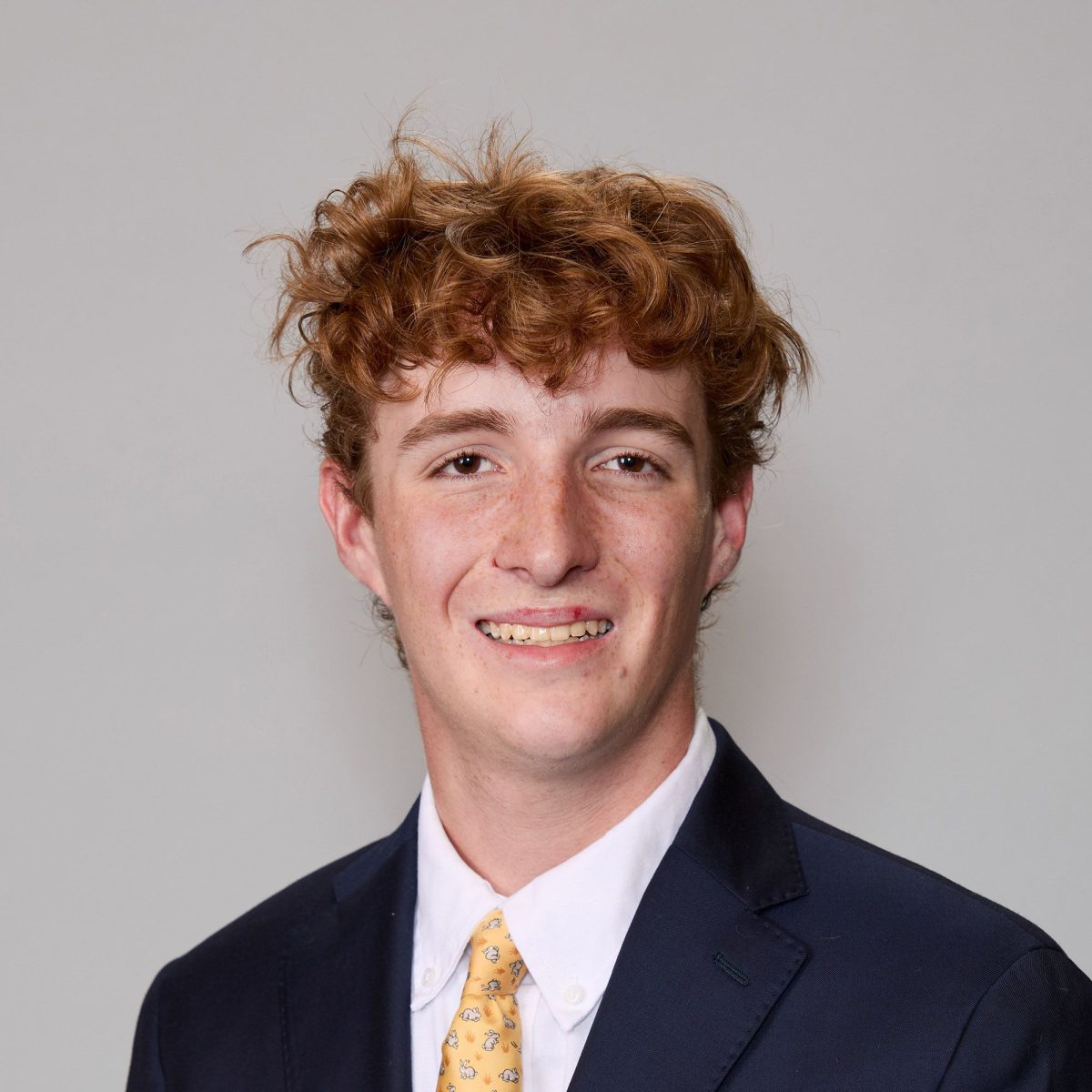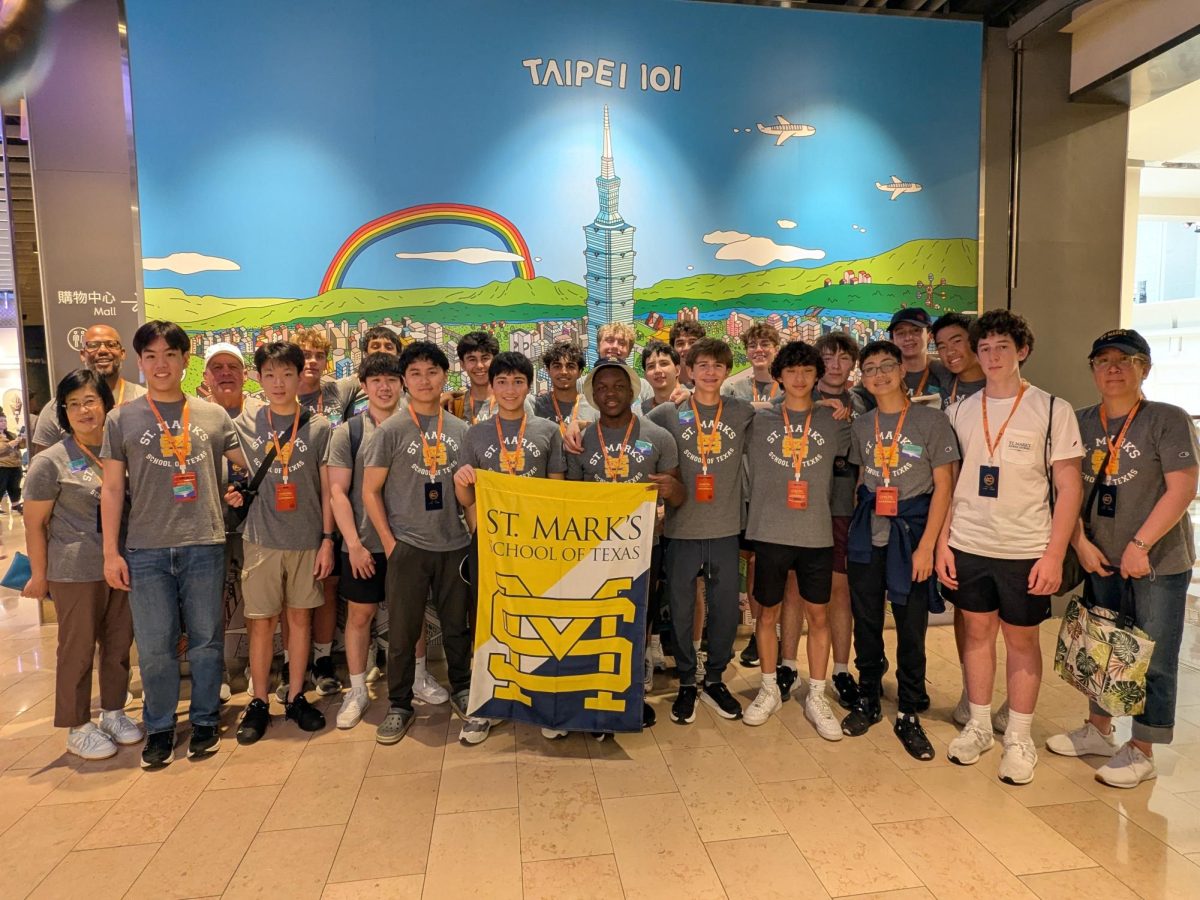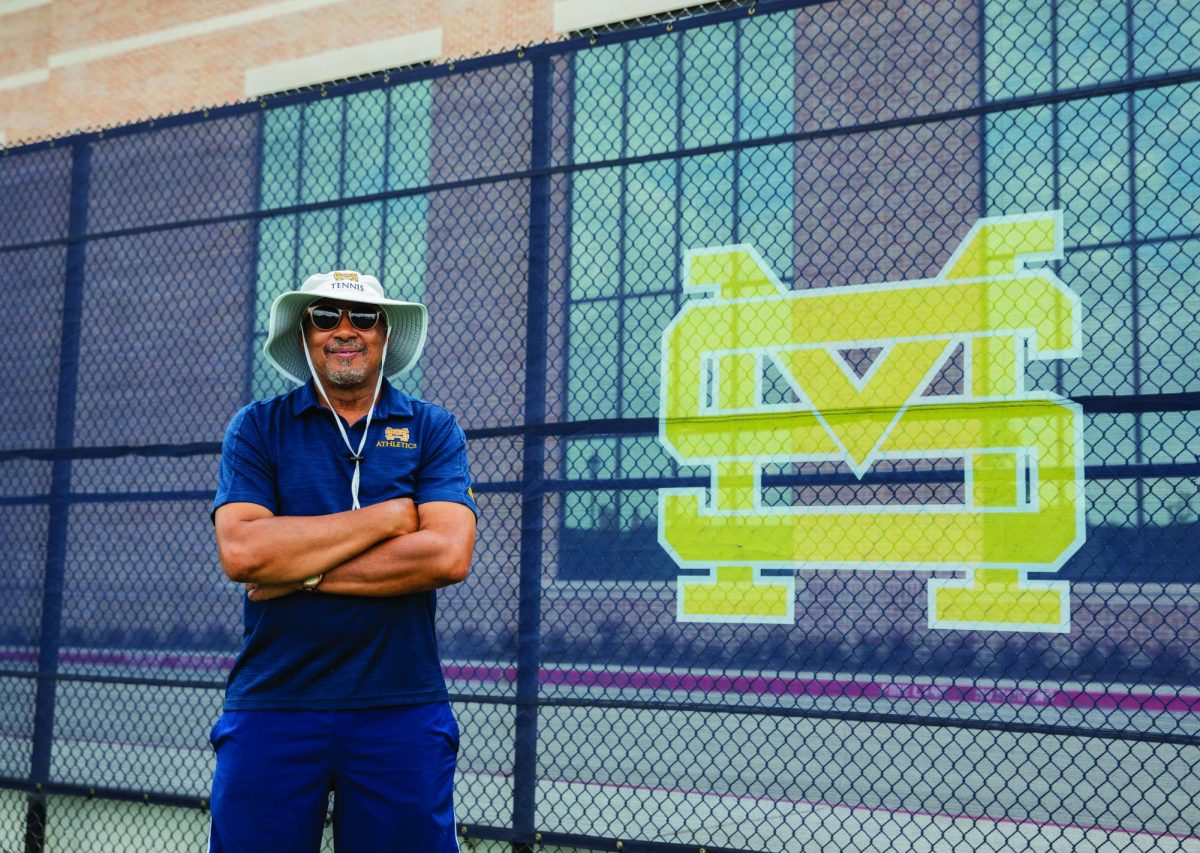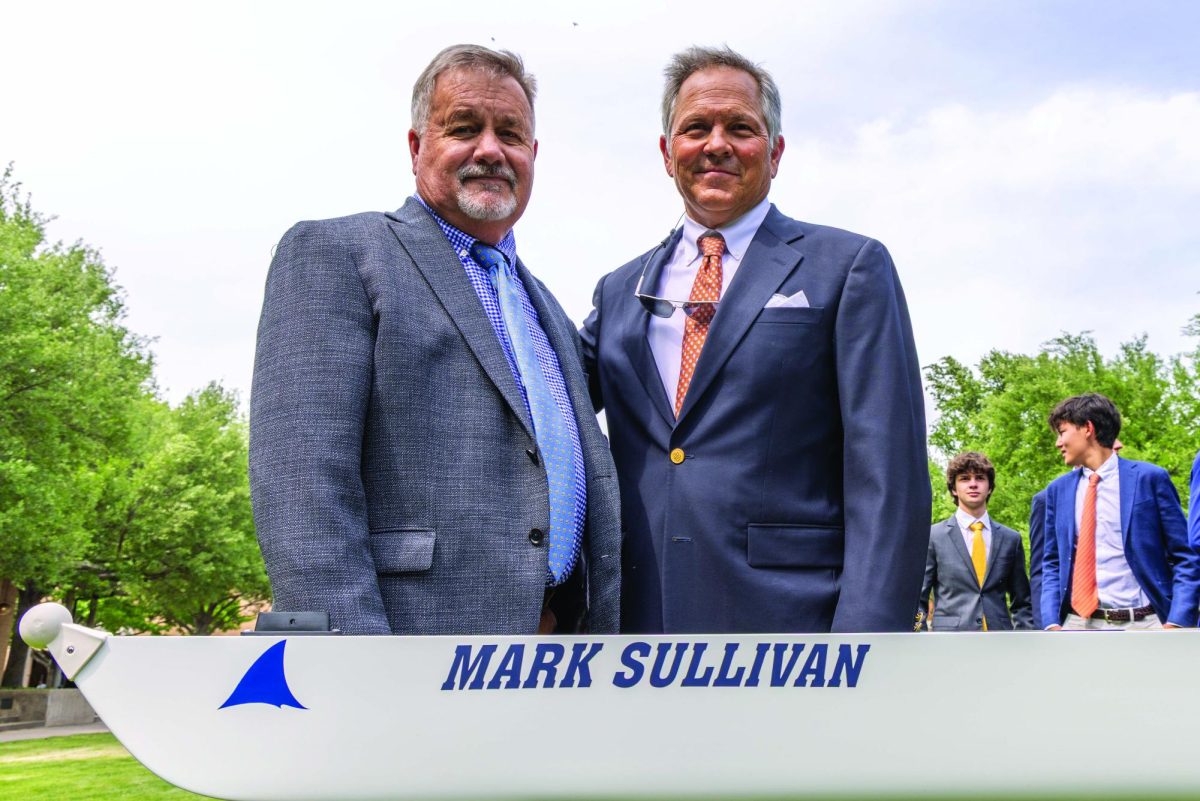The life of a student-athlete requires an even balance from tests of intelligence and memory to those of grit and determination, a student-athlete is tasked with rising to new sets of challenges and obstacles every day.
And, at a school like this one, that challenge is elevated, even to the point where it might be overwhelming.
Senior Lucas Blumenthal has been playing sports throughout his time here. A major part of the school’s varsity football and basketball teams, Blumenthal has had his fair share balancing his academic workload with various sports practices, but with that balancing act came an important lesson. Blumenthal has learned to be very intentional with what he did with his time to ensure success in completing his work.
“If you’re in a sport, you’re not gonna be starting your homework till eight, nine o’clock at night sometimes and especially when you become an upperclassman, the workload is increased,” Blumenthal said, “so finding a little time to make sure I’m not wasting time throughout the day is something I learned.”
For Blumenthal, the workload can become a little strenuous and overwhelming at times, with too many tasks piling up at one time. But, his method of breaking up his work has helped him take on the lists of tasks.
“It does get a little strenuous sometimes, especially when you have like a whole list of assignments you have to get to and you’ve got a game that night,” Blumenthal said. “I feel like when that happens, it’s just like taking it one thing at a time, not thinking about all the work as a whole but just breaking it up.”
For other student athletes, though, the pursuit of the dream is worth sacrifice and change. Rhett O’Rear, a former member of the class of 2025, left the school his sophomore year to pursue an aspiring golf career.
“My dream has always been to play on the PGA Tour,” O’Rear said. “That’s the highest level. It’s near impossible to get to, but I felt like the work I needed to put in took a lot more time than just a couple hours after school. I also play a very challenging schedule, about 27 to 29 weeks of the year.”
Due to the loaded schedule and rigorous academic requirements of St. Mark’s, O’Rear did not have ample time to work on improving his game after school.
“At St. Mark’s, I’d get out of school at 3:30, and then I could maybe have an hour-long lesson, go practice for a little bit or go workout – I’d only get to do one of those,” O’Rear said. “I didn’t get to really do multiple activities on those days.”
So, O’Rear and his family decided to make the switch to a different school, with a vastly different schedule to that offered at the school.
“When I was making the decision to switch over, it wasn’t something that I started thinking about that month,” O’Rear said. “I saw a lot of the players I’d play tournaments with – in these higher tournaments, it’s probably somewhere around 50 percent – getting out of school before 1 p.m. It’s something that I’ve kind of seen happening, and I felt like it was something that I could definitely take advantage of. Around six months into my 1oth grade year, I realized that the best place for me would be to switch over to the new school.”
O’Rear’s new schedule, which lets students out of school at noon, has allowed him to significantly increase the amount of time he spends each day on golf. The structure of assignments and scheduling at his new school has also given O’Rear more freedom in travel times, which is crucial for a nationally competitive golfer like himself.
“I still work with tutors and do a lot of work to keep myself on level to what I was doing before when I was at St. Mark’s, so it’s not really sacrificing much in terms of learning,” O’Rear said. “It’s just kind of condensing it down into a couple hours a day. And, the students I’m going to class are all very motivated to just get in there and do the work.”
However, O’Rear has been able to reap the benefits of this switch, as his abilities have seen a massive improvement in the year since he made the change.
But, perhaps more significantly, O’Rear has also gained significant time management skills, which have made him a better golfer, student, and future college student-athlete.
“I’ve definitely gotten a lot better with my game over the past year and a half,” O’Rear said. “But in that first month or two, when I was at this new school, I learned a lot about time management. I had too much time to myself.”
Strength and conditioning coach Kevin Dilworth observes that student-athletes do have to balance a lot, but he also believes that many of the student-athletes at the school spread themselves too far.
“You have to balance family,” Dilworth said. “You have to balance personal time. You have to balance academics and sports. Those are the things of this reality, of life. Now you add on robotics, debate, all these other things that come in. Do you have enough time? Are you spreading yourself out too much to where you don’t get the full benefit?”
To Dilworth, the amount student athletes are balancing at St. Mark’s is already massive, but it comes at the cost of the dedication and commitment for some.
“I think about myself, could I do half the load on these young men and give my full effort every single day in training in practice?” Dilworth said. “Y’all are in high school doing this, I was getting spread like this in college. It’s tough. It’s tough, but you have to go back to the commitment state because you have to understand that if it’s something that you truly want to do, will you be able to commit? You can’t say ‘well, I’m just gonna show up half the time and half the time I gotta do this other thing.’”
Dilworth believes that when a student-athlete stretches themselves too far by committing
themselves to too many things, the student athlete is no longer truly committed to each of those things. For Dilworth, seeing a student balancing so much, all at once, prompts the question of how they are handling it all.
“I always ask the question: “how are you really doing?” Dilworth said. “Because that is the important piece: the mental breakdown of the body.”




